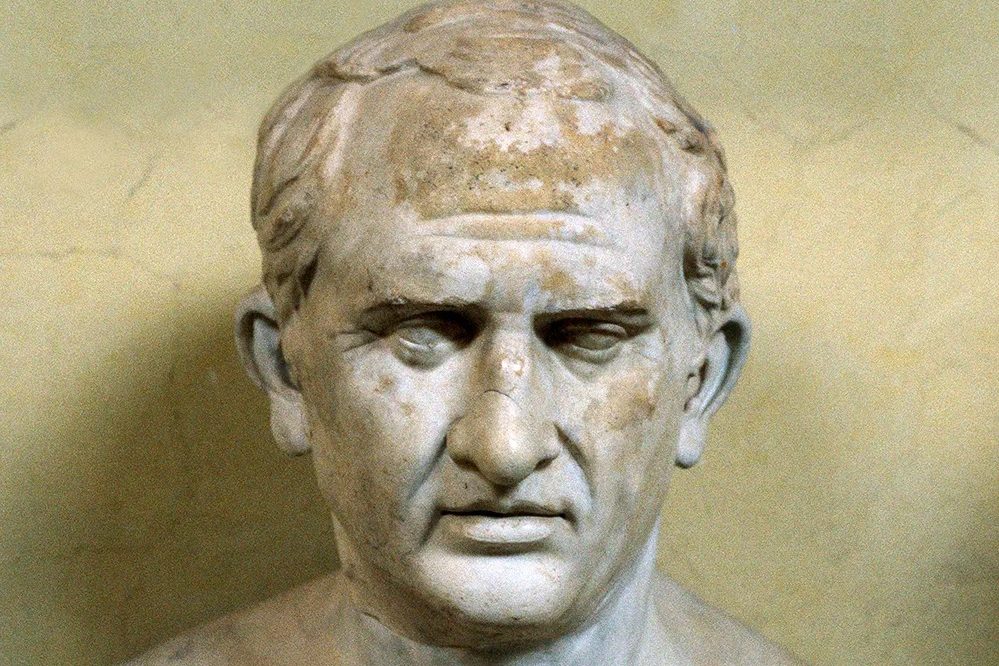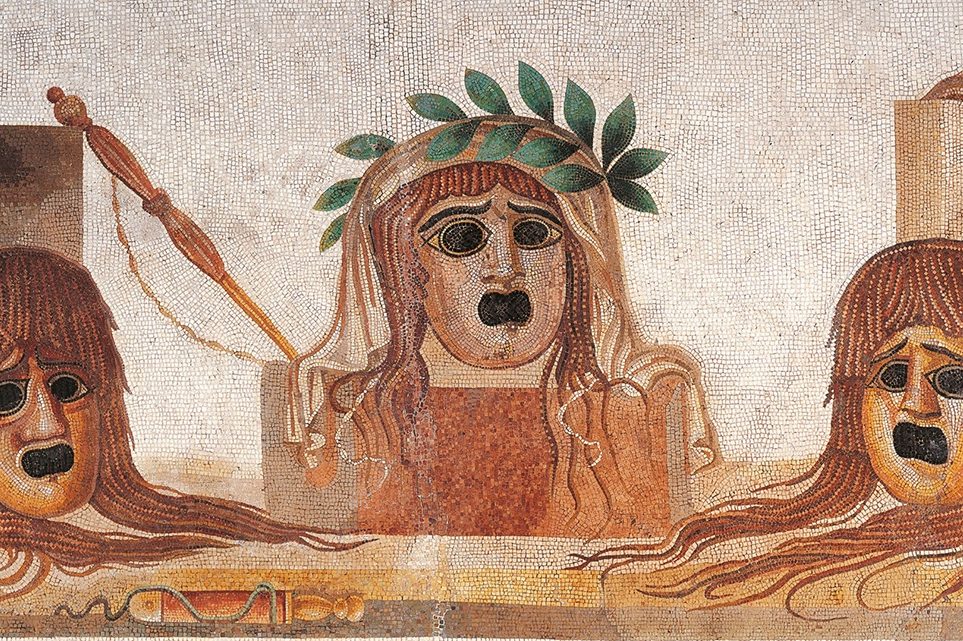A teacher wanting to teach Latin has inquired whether it is worth doing because the subject has “such a bad reputation.” As ever with such assertions, it is always wise to ask, “In whose eyes?”
The bizarre fact is that, both in the United States and elsewhere, the answer is in those of a certain type of academic, for a very specific reason. Dan-el Padilla Peralta, for example, a professor at Princeton University, wants Classics to disappear because it has been used for 2,000 years as a justification for slavery, colonialism and fascism.
But what “authoritative” human (Plato) or text (the Bible) has not been used to justify something that some nutter has dreamed up? Is the whole subject to be destroyed — for that is the inevitable consequence of Peralta’s claim — because of nutters? Let the Romans bring some sanity to the situation.
The philosopher-statesman Cicero said of historia that, as far as an orator was concerned, it “bears witness to the times, lights up the truth, brings memory to life, is the teacher of life and messenger of antiquity” (historia vero testis temporum, lux veritatis, vita memoriae, magistra vitae, nuntia vetustatis). In other words, all human life is mediated through it, a magnificent resource to be used by the orator to whatever end he chooses.
But that could open the door to misuse by the unscrupulous. The historian Tacitus solved the problem: “I consider it the chief function of history to ensure that virtue is remembered and to terrify [those responsible for] evil words and deeds with the fear of posterity’s damnation.”
Exactly: the discipline (in this case, Classics) is neutral. Any problem there is comes from those who use it. Professor Peralta should set up a Star Chamber to identify and try those, past and present, over 2,000 years, who have given the discipline a bad name. Problem solved!
This article was originally published in The Spectator’s March 2022 World edition.

























